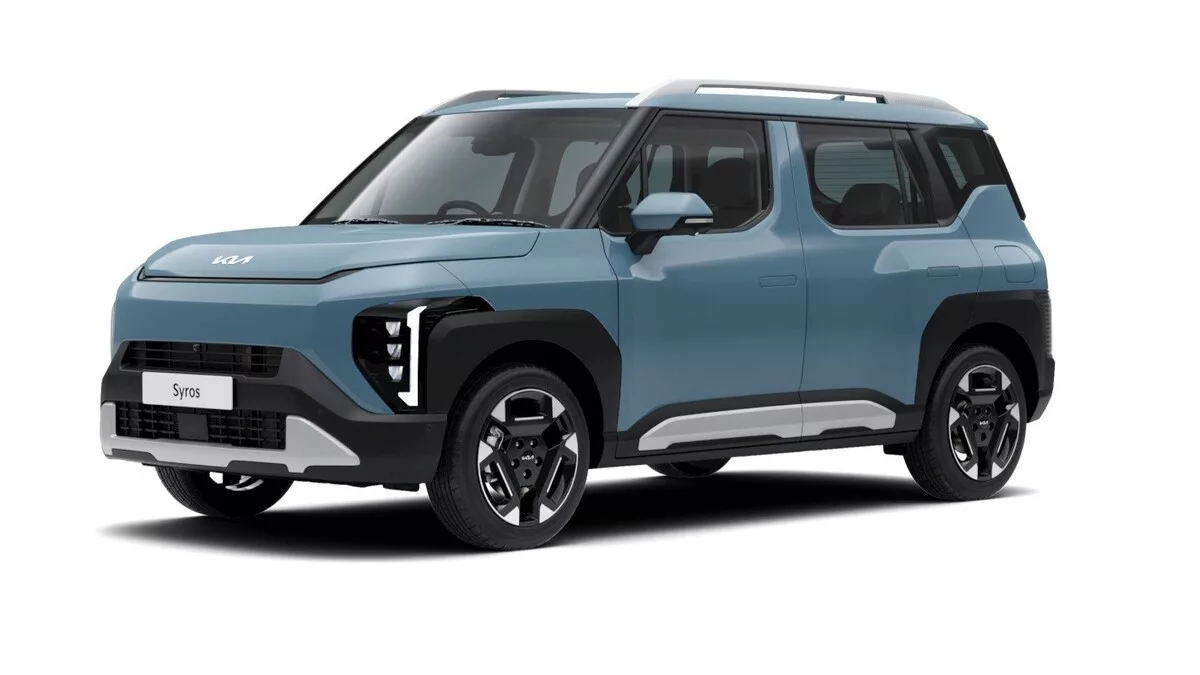Electric Vehicles have always been clean but they’ve also given range anxiety to potential car buyers. Well, with a hydrogen FCEV such is not the case. The need to be energy efficient and emit less carbon dioxide has become a global vision. India aims to reduce greenhouse gasses and carbon dioxide emissions by 45% by 2030. A key part of this mission is the shift towards electric vehicles to reduce dependency on fossil fuel powered vehicles. While we are familiar with battery-powered EVs, hydrogen fuel cell EVs are another alternative that are being introduced to India.
The use of hydrogen fuel cell cars has received a boost in India by the Union Minister Nitin Gadkari who recently launched the Hydrogen fuel cell powered Toyota Mirai to run a test pilot. Indian Oil too is backing hydrogen fuel cell vehicles as hydrogen fuel producing raw materials can be sourced locally, and Indian Oil will soon be embarking on a Rs 300-crore demonstration project for hydrogen fuel cell vehicles.
Table of Contents
- What is a Hydrogen Fuel Cell?
- Benefits of Hydrogen Fuel Cell
- Disadvantages of Hydrogen Fuel Cell
- Hydrogen Fuel Cell Cars in India
- FAQs
What is a Hydrogen Fuel Cell?
A Hydrogen Fuel Cell derives power from an electrochemical reaction between hydrogen and oxygen atoms. The hydrogen in the fuel cell stack gets broken down into protons and electrons. The electrons in the fuel cell provide power to the motors, and the protons react with the atmospheric air to produce heat and water as the only by-products. FCEVs are equivalent to EVs. While EVs operate on batteries that need a recharge, FCEVs develop their electricity onboard.

Benefits of Hydrogen Fuel Cell
Hydrogen Fuel Cell promotes various benefits and can be a good alternative source of fuel energy. Here are the few advantages of using hydrogen fuel cell
- Can be found in abundance
- Energy efficient
- Zero tailpipe emission
- Quick refueling
- Reduces greenhouse gas emissions
- Gives a long range of drive
Disadvantages of Hydrogen Fuel Cell
Although a hydrogen fuel cell is termed as a clean fuel, it does in fact need hydrogen to function. Hydrogen might be the most abundant material on planet earth, but extracting it is another story. Take a look at the disadvantages of a hydrogen fuel cell
- Highly Flammable and can easily evade containment, and might lead to metals turning brittle and inclined to breakage.
- Hydrogen is energy neutral and takes a lot of energy to produce.
- Extracting hydrogen is a costly affair that ends in emitting carbon dioxide.
- The production of hydrogen is intricate and thus makes the hydrogen fuel cells costlier.
- Hydrogen as an energy or fuel source is not feasible for the majority as it needs to be produced in larger quantities to meet everyone’s needs. Advanced technology is required to make this expensive process of production of hydrogen simpler and more cost-effective.
- Hydrogen is difficult to store, and transport is expensive.
Hydrogen Fuel Cell Cars in India
Hydrogen Fuel Cell cars are not popular globally as there are not many options available. In India, however, this is likely to change as Toyota has launched the Mirai FCEV under a test programme in India and Hyundai is set to do the same with its Nexo FCEV.
Toyota Mirai

Toyota Mirai is India’s first FCEV, even though it is yet to be made available to the masses. The Toyota Mirai will have a test run in India to observe its compatibility with the Indian climate and the infrastructure it would need to run in India. The Toyota Mirai is capable of achieving more than 600 km from a full tank of hydrogen.
Hyundai Nexo

In 2018, Hyundai announced a dedicated hydrogen fuel cell platform with the Hyundai Nexo FCEV. The Nexo joins the Mirai in the nascent global FCEV market, matching the Toyota FCEV in range. The South Korean carmaker has made Nexo available in the international markets and has received type approval for the same in India. The Hyundai FCEV Nexo is believed to be launched in India by March 2023,where it will compete with the likes of Toyota Mirai..
Hydrogen fuel cell cars will set the Indian automobile market on a new beginning, leading India to a more efficient and sustainable energy hub. With brands like Hyundai and Toyota rolling their sleeves up to create a suitable ecological vehicle, it will inspire the other upcoming car manufacturers to join in the race to a no-carbon-emission future.
FAQs
How does a Hydrogen Fuel Cell generate energy or power?
Hydrogen Fuel Cell Vehicles combine hydrogen with oxygen from the air to generate power. The hydrogen from the fuel tank and the air from the intake grille meet each other in the Fuel Cell stack. A chemical reaction takes place involving the Oxygen and the hydrogen creates electricity to power the car. The only by-product is hot air and water.
How to refuel the hydrogen fuel cell cars?
Hydrogen fuel cell cars can be refilled with hydrogen gas in any nearest gas station, and it takes the same process as refilling with petrol or diesel. The refueling takes the same time, i.e. 4-5 minutes.
Is a hydrogen fuel car safe to drive?
Fuel cell cars are safer to drive. Hydrogen fuel cell cars in India are available from Toyota and Hyundai. The durability of cars in extreme climates has been tested and still undergoing further tests in India. Hydrogen as a fuel is clean and safe as it makes up 70% of the matter in the universe.
What is the cost of green hydrogen production cost in India?
Green Hydrogen production cost in India is Rupees 500 per kg in India.
What are hydrogen fuel cells capable of powering?
Fuel cells can be used as a backup for power source and charge any portative system that requires battery charge. It can be used to power vehicles and be an important alternative for petroleum in the future.





with one kilo hydrogen what distance we can travel